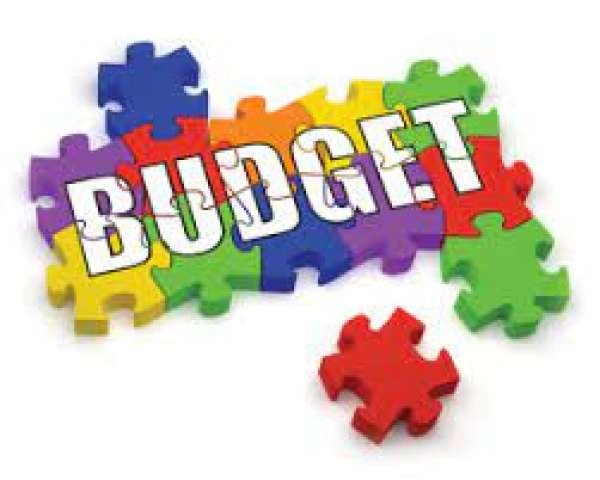Less than six weeks to the end of the year, no fewer than 24 governors have presented their proposed 2022 budgets, totalling N4.46tn, to their respective Houses of Assembly for approval.
In Ondo State, Governor Rotimi Akeredolu presented a N191bn budget estimate to the House of Assembly on Tuesday.
Represented by the Commissioner for Finance, Wale Akinterinwa, the budget had a recurrent expenditure of N112.01bn and capital expenditure of N79.62bn.
In Oyo State, Governor Seyi Makinde presented a budget estimate of N294.5bn to the House of Assembly for the 2022 fiscal year. Capital expenditure is estimated to gulp N156bn, representing 52.97 per cent, while the recurrent expenditure was given as N138.5bn, amounting to 47.03 per cent.
Also in Ekiti State, the governor, Kayode Fayemi, presented a budget proposal of N100.70bn, christened ‘Budget of Legacy and Consolidation,’ to the state House of Assembly. Recurrent expenditure is expected to gulp N60.686bn and N40.067bn capital expenditure.
He said the budget was a product of wider consultation.
In Yobe State, Governor Mai Mala Buni, submitted a N164bn budget estimate to the Assembly. Recurrent expenditure is expected to gulp N91.4bn while N71.6bn was allocated for capital expenditure.
In Cross River State, Governor Ben Ayade presented a budget estimate of N276bn. He christened it Budget of ‘Conjugated Agglutination’. Recurrent expenditure was allocated N101bn while capital expenditure gulped N175bn.
Others are Delta State, N185bn; Kano State, N196bn; Kaduna State, N233bn; Kebbi State, N189.23b; Bauchi State, N195bn; Akwa Ibom State, N582.115; Niger State, N198bn; Kogi State, N145.89bn and Plateau State, N160bn.
Gombe State proposed N154.61bn; Abia State, N131.8bn; Adamawa State, N163.62bn; Anambra State, N141.9bn; Ebonyi State, N148.65bn; Jigawa State, N177.79bn; Osun State, N129.7bn; and Sokoto State, N188.12bn.
There are reports, however, that Lagos State would soon present its budget proposal to the Assembly. The state government had assured residents of fair representation and significant investment in infrastructure at the conclusion of a five-day consultative forum.
Reacting, Professor of Economics and Public Policy at the University of Uyo, Akpan Ekpo, said the budget figures for most of the states were overestimated, stating that they were unrealistic.
“They are putting their figures in billions and I know that most of them cannot generate the money. So, if you look at budget performance over time, most states have not performed even six per cent. So, they should front what they can do. The forecasts over the previous years are not realistic. So, when you look at the revenue, it is far less than what they are suggesting.”
He also advised those in insecurity-prone areas to consider that in their budgeting and make sure they provide a budget that they can provide for their citizens.
“The issue of Boko Haram and insecurity, a lot of the money for these are from the Federal Government and they use Federal Government security agencies – police, army, others. So, they should make sure they make a budget that they can provide for their citizens and win back the confidence of their citizens before they go further,” he added.
For another Professor of Economics at the University of Nigeria, Nsukka, Felix Onah, the proposed budget would only perform better than the previous one if the respective states consider the insecurity in the country.
He said, “Every state should cooperate to include the insecurity situation in the country. With insecurity everywhere, budgets do not mean anything. You can see that inflation has eaten up everything every income earner earns and so insecurity is a very serious problem for the country and must be put into account when a budget is being put together. Else, this budget may not perform any better than the previous one.”


















